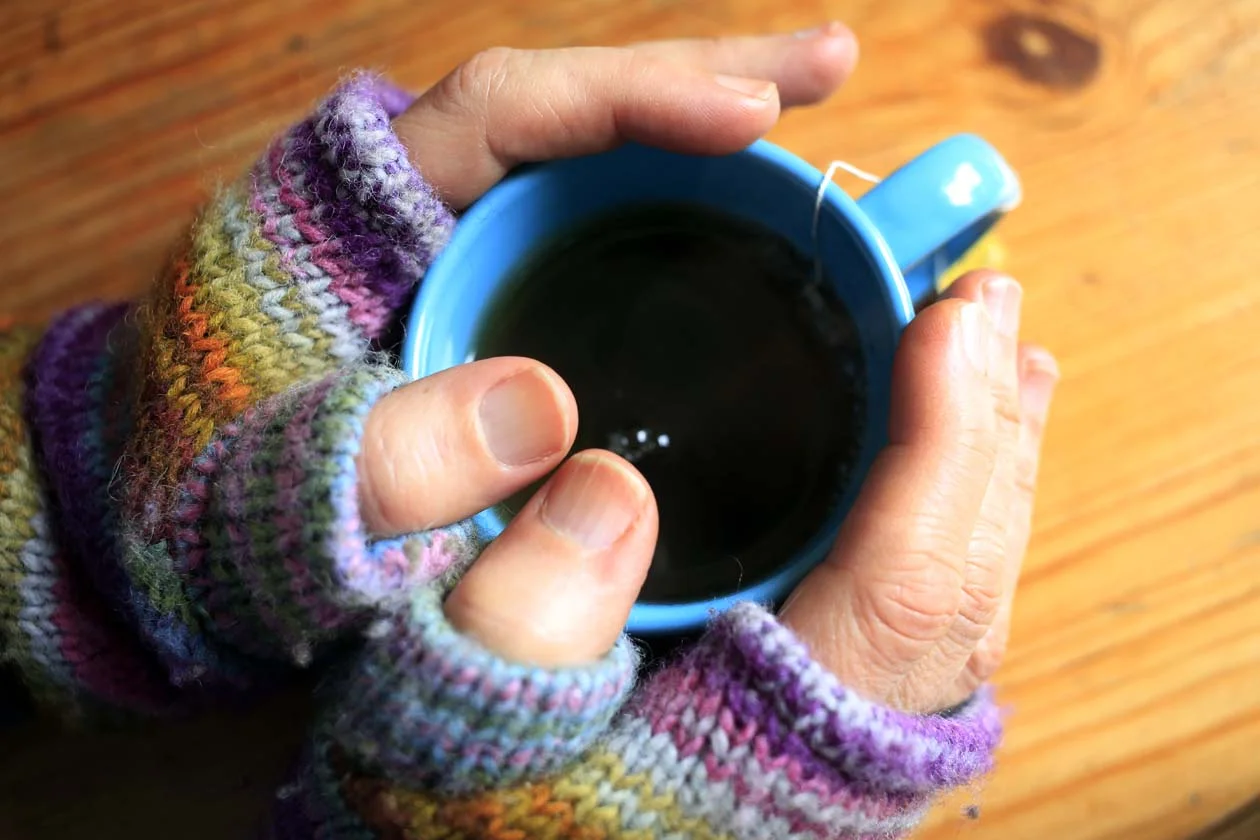I don't mind wearing a couple of sweaters around the house; but my hands and feet are freezing. Oh, I've had a little cough and the sniffles since the weather turned – who doesn't get a cold now and then? My arthritis has been acting up; I'm sure it will ease off in spring. If I put on a little cap at night, I'm toasty under the blankets and can keep the heat off. Just a bit of chill in the morning to cope with until the house warms up again.
A little shivering on a chilly day is absolutely normal: by rapidly expanding and contracting muscles, the body automatically generates enough heat to stabilise a person's core body temperature at 36.9°C.
But many people are unaware that when a person is cold night and day for weeks on end, the body can adopt another tactic – slowing or shutting down internal organs or systems to keep the vital ones running. Chronic cold can have subtle effects on the respiratory and circulatory systems, affecting how well the person can breathe or the heart can pump blood (and oxygen) through the body.
Babies, infants and toddlers need a lot of energy to grow. If they use up the calories they eat just trying to stay warm, they can become malnourished and underdeveloped. Older children might cope better at home, but being cold can weaken their immune systems, meaning they pick up more 'bugs' when interacting with other kids at daycare or school. If undernourished, they'll likely have a hard time keeping their concentration in class and maintaining good grades.
The elderly are particularly vulnerable to the effects of chronic cold. Like children, they become more susceptible to minor illnesses. The more serious risk for this group is that when the respiratory or circulatory system is compromised, it can lead to pneumonia or even trigger a heart attack.
That's not to suggest that young or middle-aged adults are unaffected. While they have greater autonomy to put on a sweater, make a cup of hot tea or control whatever heating is available, colds and flu may also knock them down on a regular basis. If it means staying home from work, the lower income can make it even harder to keep up with energy bills. Adults who also care for children or elderly parents tend to worry a great deal; the stress of feeling they can't adequately provide for their family can lead to anxiety and depression.

